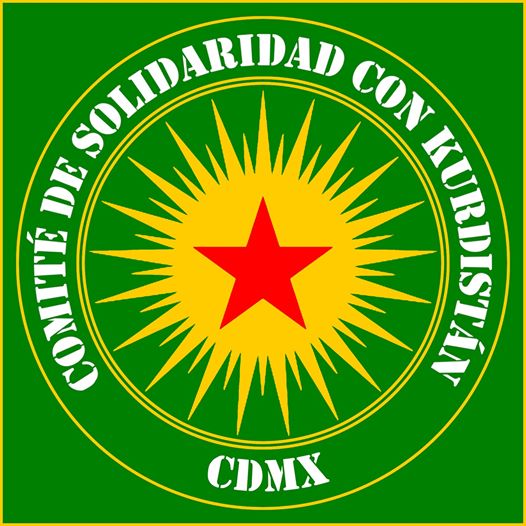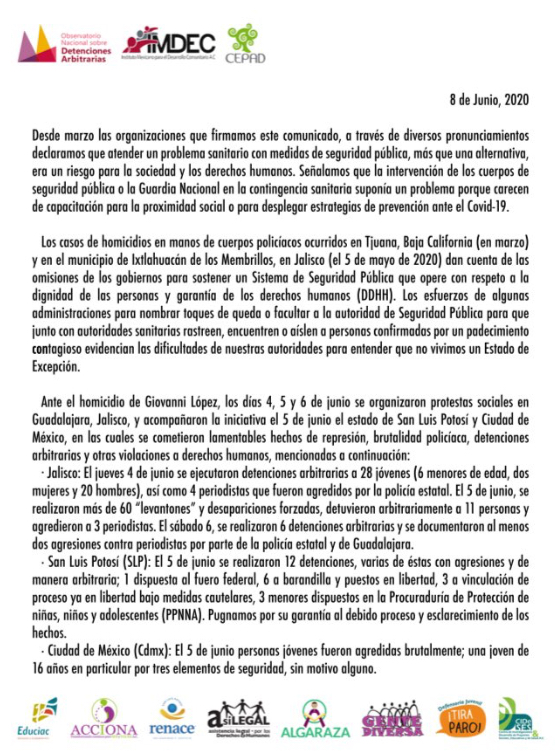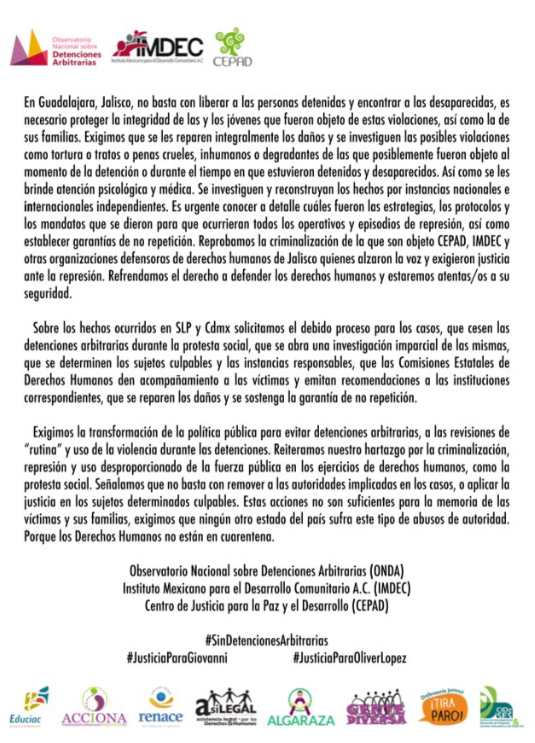
Por Ñaní Pinto
El año de 1968 marcó al gobierno de México por el asesinato de cientos de estudiantes el 2 de octubre en la plaza de Tlatelolco, en ciudad de México. Tres años después de este atróz acontecimiento, la historia se volvió a repetir. El 10 de junio de 1971 un grupo de estudiantes realizaba una manifestación que partió del Casco de Santo Tomás hacia el Zócalo capitalino cuándo un grupo paramilitar, llamado “Los Halcones”, irrumpió durante la manifestación y asesinó por lo menos a 120 estudiantes.
Supuestamente el gobierno de ese momento, presidido por Luis Echeverría Álvarez, tras el asesinato de 1968, aseguró que su gobierno estaría abierto a todo tipo de manifestaciones sociales y que respetaría la libertad de expresión.
Los estudiantes, en su mayoría de la Universidad Nacional Autónoma de México (UNAM) y del Instituto Politécnico Nacional (IPN), realizaron esta manifestación para apoyar la huelga que realizaba en ese momento la Universidad Autónoma de Nuevo León (UANL). Así mismo, exigían la democratización de la enseñanza, educación de calidad para todos, libertad política, control del presupuesto universitario en manos de profesores y alumnos y fin a la represión gubernamental, entre otros puntos.
Antes de que Echeverría asumiera el poder, cuándo fue secretario de gobernación en el gobierno que le antecedió, ordenó al coronel Manuel Díaz Escobar formar un aparato que castigara cualquier tipo de manifestación que criticara al gobierno, fue entonces cuando se crean “Los Halcones”.

A este grupo creado por el gobierno no le bastó con disolver las protestas y asesinar más de un centenar de estudiantes en las calles, sino que también irrumpió en los hospitales en búsqueda de sobrevivientes heridos para terminar de eliminarlos.
Durante esta represión también hubo participación de Granaderos, miembros de la policía, incluso, se hizo uso de tanques antimotines y vehículos militares.
Echeverría fue exonerado jurídicamente de toda culpa en el año de 2009 por falta de evidencia tangible, aunque diversas fuentes, como el Canal 6 de Julio, han documentado que el Estado es el responsable de esta masacre.













